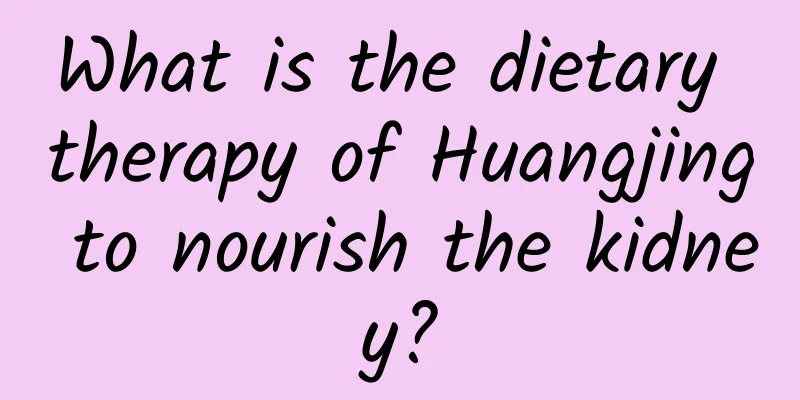Smart eating in winter - why should we pay attention to dark vegetables?

|
In the past, most of the food we consume is called non-nutrient bioactive ingredients. Although these substances are not essential nutrients for the growth and development of the body, they play an important role in maintaining human health, regulating physiological functions and preventing diseases. We call them "phytochemicals". Phytochemicals include carotenoids, chlorophyll, anthocyanins, etc. So why is it recommended to eat dark-colored vegetables? In other words, why do we value dark-colored vegetables such as yellow-orange, green, and purple-red? Because color is one of the manifestations of the richness of vegetables' nutrients and phytochemicals. What are the biological activities of phytochemicals? 01Anti-cancer effect Vegetables are rich in phytochemicals that have the potential to prevent human cancer. People who have a high daily vegetable intake have a cancer incidence rate about 50% lower than those with a low intake. Fresh vegetable salads can significantly reduce the risk of cancer, with the most compelling evidence for epithelial tumors of the gastrointestinal tract, lungs, oral cavity, and larynx. 02 Antioxidant Effect The pathogenesis of cancer and cardiovascular disease is related to the presence of excessive reactive oxygen molecules and free radicals. It has been discovered that a variety of phytochemicals, such as carotenoids, chlorophyll, anthocyanins, etc., also have significant antioxidant effects. 03Immunomodulatory effect The immune system primarily functions to defend against pathogens, but it is also involved in protective processes in the pathology of cancer and cardiovascular disease. To date, many animal experimental studies have been conducted on the effects of carotenoids on stimulating the immune system, and the results have all shown that carotenoids have a regulatory effect on immune function. 04Others Other health-promoting effects of phytochemicals include regulating blood pressure, blood sugar, platelets and blood clotting, and inhibiting inflammation. Which vegetables contain phytochemicals? For example, carotenoids in plants mainly come from yellow-orange and dark green vegetables (such as carrots, tomatoes, leafy vegetables, etc.); for example, polyphenols (including flavonoids) compounds are mainly found in various colored vegetables and plants. In recent years, the vegetable intake of Chinese residents has gradually decreased. Based on their nutritional value and health significance, it is recommended to increase the intake of vegetables, especially dark vegetables. The Chinese Nutrition Society recommends: Eat vegetables at every meal and ensure 300-500g of vegetables per day, with dark vegetables accounting for 1/2. Did you eat right today? References 【1】 Nutrition and Food Hygiene, 7th edition 【2】 Dietary Guidelines for Chinese Residents 2016 Edition Author: Wu Xianglin | Registered dietitian, China's best nutrition science expert Reviewer Xu Shufang | Chief Physician of Clinical Nutrition Department Edit Mia ProofreadingYunjie Welcome to contact China Good Nutrition for reprint cooperation |
<<: The popular energy drink is actually "poison"? How dangerous is radium water?
>>: A high fever of 42℃ almost killed him, just because he ate leftovers?
Recommend
The efficacy and function of conch shell
Chinese medicine has different effects on our bod...
Where can you find new species? No-man’s land, no vegetable market!
Jin Xiaohua inspects Motuo County in Tibet. Zhu B...
What are the effects of white Poria powder
Many people may have never heard of white Poria p...
Detailed effects of Asarum and Clove wine
Alcohol is a good solvent that can promote the di...
Is it effective to drink maca soaked in water?
Maca is a traditional Chinese medicine with extre...
How to distinguish the authenticity of epimedium
Epimedium is a very common Chinese medicine and i...
The efficacy and function of red peony root
Do you know what red peony root is? If you know, ...
Has your information been leaked today?
Today is an information age. Data is considered t...
Did prehistoric civilization exist? If not, where did this 300 million-year-old screw come from?
The Earth is about 4.6 billion years old since it...
Who is the king of volcanoes in China?
January 15, 2022 Tonga, a South Pacific island na...
How do funhouse mirrors deform people? How does bulletproof glass resist bullets? The secrets of glass in our daily lives!
Glass is very common in our lives. Whether it is ...
The efficacy and function of short-spiked rabbit ear grass
In today's society, health preservation seems...
Do you know where the osmanthus tree on the moon came from?
I remember when I was a child, on the night of th...









